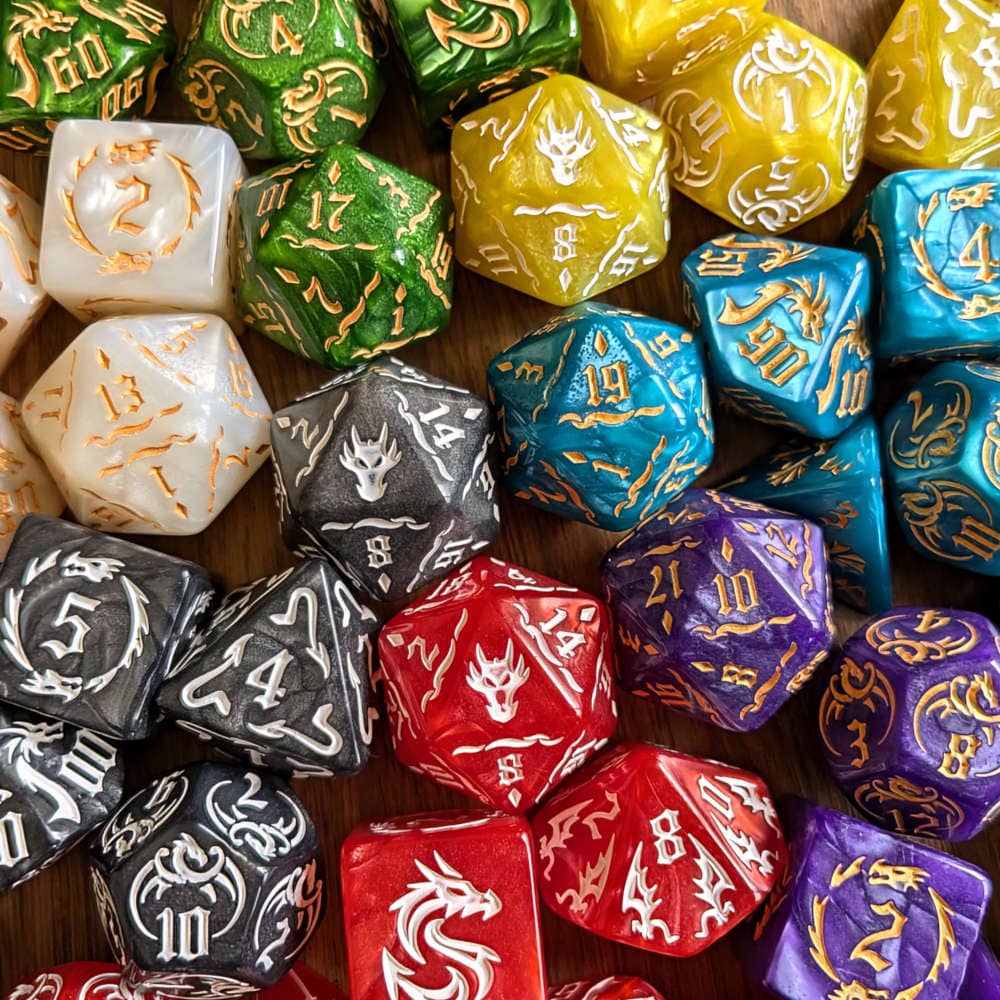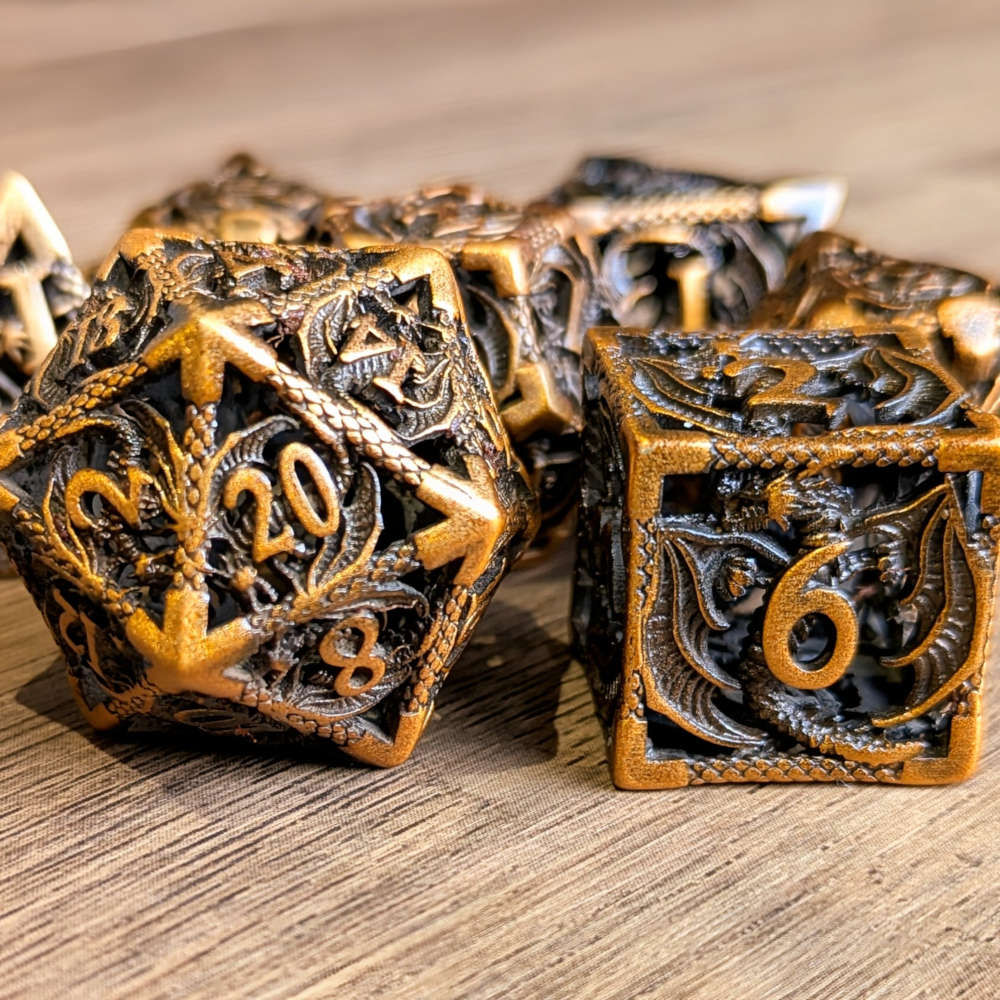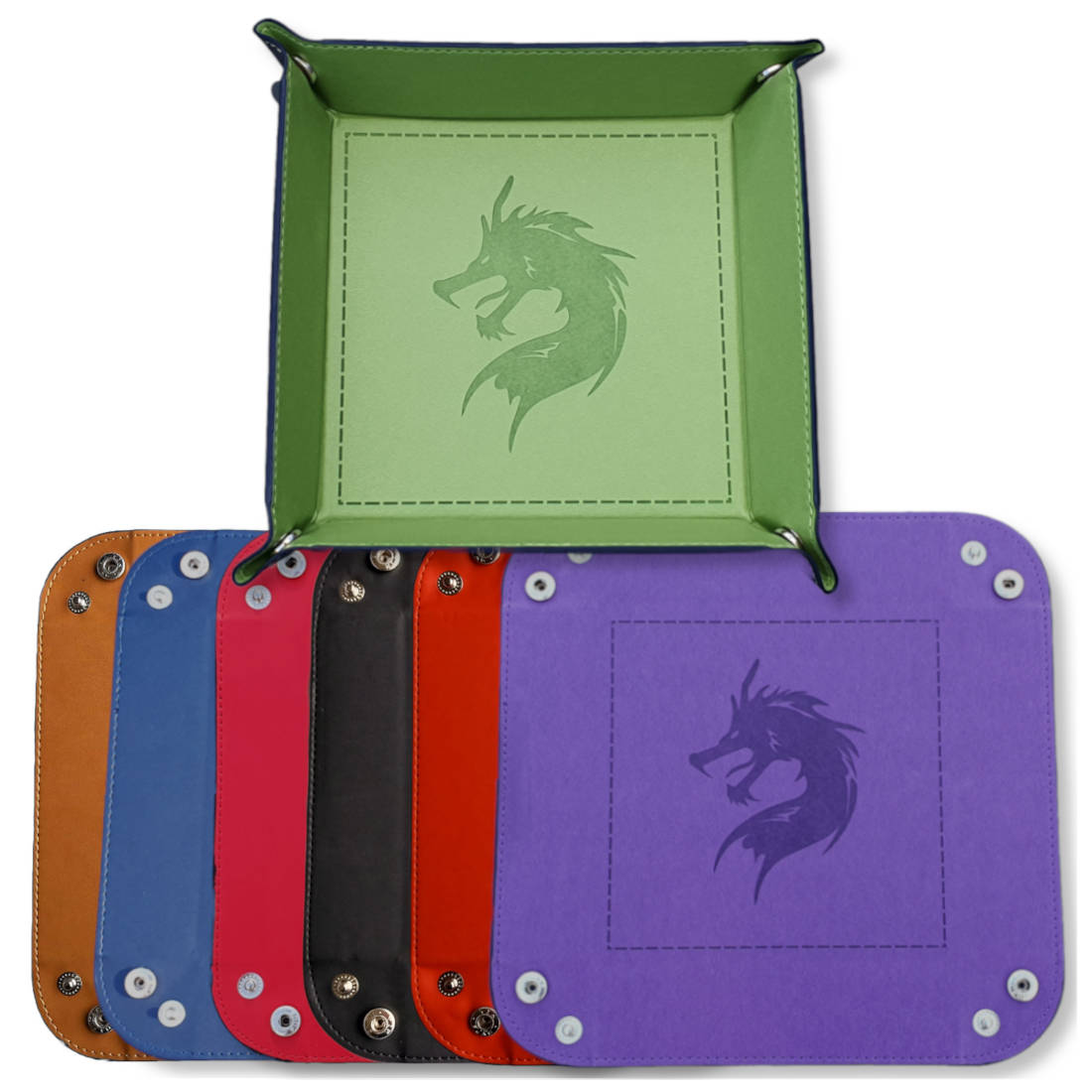Can a DM play a Player Character?

Dungeons & Dragons is a game of endless possibilities, where the Dungeon Master (DM) crafts worlds, runs stories, and guides the fate of characters. But can the DM play a character, too?
Can the Dungeon Master also play a character?
Yes, a DM can play a character in a D&D campaign, but it’s generally not recommended. The biggest concern is balance - having a DMPC can overshadow the players, making them feel like spectators rather than the heroes of the story. It also raises questions about fairness, as the DM would control the world, enemies, and their own character’s fate.
While it might seem like a good way to fill out a small party, there are better alternatives to keep the game engaging and fun for everyone.
Does the Dungeon Master have a character?
No, a Dungeon Master doesn’t have a character in the same way players do. The DM’s role is entirely different - they are the storyteller, world-builder, and referee, while the players take centre stage as the drivers of the story. DMs already control countless characters in the form of NPCs, shaping the world and guiding the narrative.
Adding a DMPC can make it difficult to stay impartial and may take the spotlight away from the players. In most cases, it's best for DMs to focus on crafting engaging challenges and immersive storytelling, ensuring the players remain the driving force of the adventure.
If you’re new to being a Dungeon Master, check out our guide that answers the common question: ‘Can you DM if you’ve never played DND?’.
What does DMPC mean in DND?
A DMPC (Dungeon Master Player Character) is when a DM plays a character in addition to running the game. Unlike NPCs, which exist to support the story and players, a DMPC is treated like a full player character - often leading to balance issues and shifting focus away from the players.
What are the challenges with a DMPC?
Playing a DMPC comes with several challenges that can disrupt the game:
- Stealing the Spotlight: A DMPC can overshadow player characters, making them feel less like the heroes.
- Limiting Player Choice: A DMPC may unintentionally push the story in certain directions, reducing player agency and leading to railroading.
- Meta-Knowledge Issues: The DM knows everything about the world, making it hard to play a character without that knowledge influencing decisions unfairly.
- Information Leaks: Players might use the DMPC to gain insider knowledge, breaking immersion and balance.
- Extra Bookkeeping: Keeping track of a DMPC's stats, abilities, and inventory adds unnecessary complexity to the DM’s already heavy workload, especially in combat.
- Unfair Advantage: DMPCs often feel invincible, which can frustrate players when their own characters face real risks.
- Not the Same as Playing a PC: The experience of playing a DMPC is different from being a true player, altering the game’s dynamics.
While a DMPC might seem tempting, there are several ways to keep the game balanced and engaging without compromising player agency.
What are the best alternatives to a DMPC?
If you're a Dungeon Master who wants to experience playing a character, there are better ways to integrate your persona into the game without disrupting the player experience.
Use NPCs instead of a DMPC
Rather than playing a full-fledged player character, introduce an NPC who weaves in and out of the story naturally. Here are some ideas you might consider:
- A Mentor or Guide – A wise wizard, retired adventurer, or local leader who advises the party but doesn't overshadow them.
- A Temporary Ally – A fighter who joins the party for a mission before parting ways.
- A Recurring Villain – A rogue or dark sorcerer who is deeply tied to the story and provides an ongoing challenge.
- A Quest-Giver or Patron – Someone who funds, directs, or influences the group’s adventures.
Long-term NPCs offer depth to the story without stealing the spotlight. They allow you to roleplay meaningfully while keeping the focus on the players.
How to play a character without running a DMPC
If you really want to play as a PC while being a DM, here are better alternatives:
- Run a small party but delegate a character – in solo or two-player campaigns, a DM-controlled character can help with balance. However, consider letting a player control them in combat and key decisions to prevent bias.
- Take turns as DM – if your group is open to it, alternate DM responsibilities with another player. This lets you experience both roles fairly.
- Join another game as a player – find a new DND group where you’re just a PC, allowing you to enjoy D&D without DM responsibilities.
- Try D&D-inspired video games – games like Baldur’s Gate or Neverwinter Nights offer rich RPG experiences where you can play as a character without worrying about game balance. Read more in our guide to video games like DND.
If you're unsure whether a DMPC is right for your campaign, Matt Colville’s video provides a great breakdown of why they often don't work and how to run NPCs effectively.
By using these approaches, you can still enjoy roleplaying without undermining the players' experience, ensuring a fair and engaging game for everyone.
Alternatives to a DMPC for small parties
If you're running a solo DND game or a DND campaign with two players, you may be tempted to introduce a DMPC to balance encounters. However, there are better ways to support small parties without compromising player agency:
- Sidekicks: Each player controls a secondary character, helping with balance while keeping the spotlight on the main PCs. You could use the D&D sidekick rules or treat them as a new character.
- Player-Controlled DMPC: If you must include a DMPC, let the players control them in combat and key decisions to avoid bias.
- Hirelings & NPC Allies: Offer in-game solutions like mercenaries, guides, or summoned creatures that the party can recruit as needed, without becoming permanent party members.
These alternatives keep the game fair while still giving small parties the extra support they need.
Guides and tools to be a better DM
Mastering your role as a DM is key to an immersive and engaging game. For more tips on enhancing your storytelling and world-building, check out our complete guide to being a good Dungeon Master.
And for all your D&D needs, be sure to explore our collection of RPG gaming dice. Whether you're after weighty metal D&D dice or vibrant liquid core dice, we’ve got the perfect set to elevate your game. Treat yourself today!






